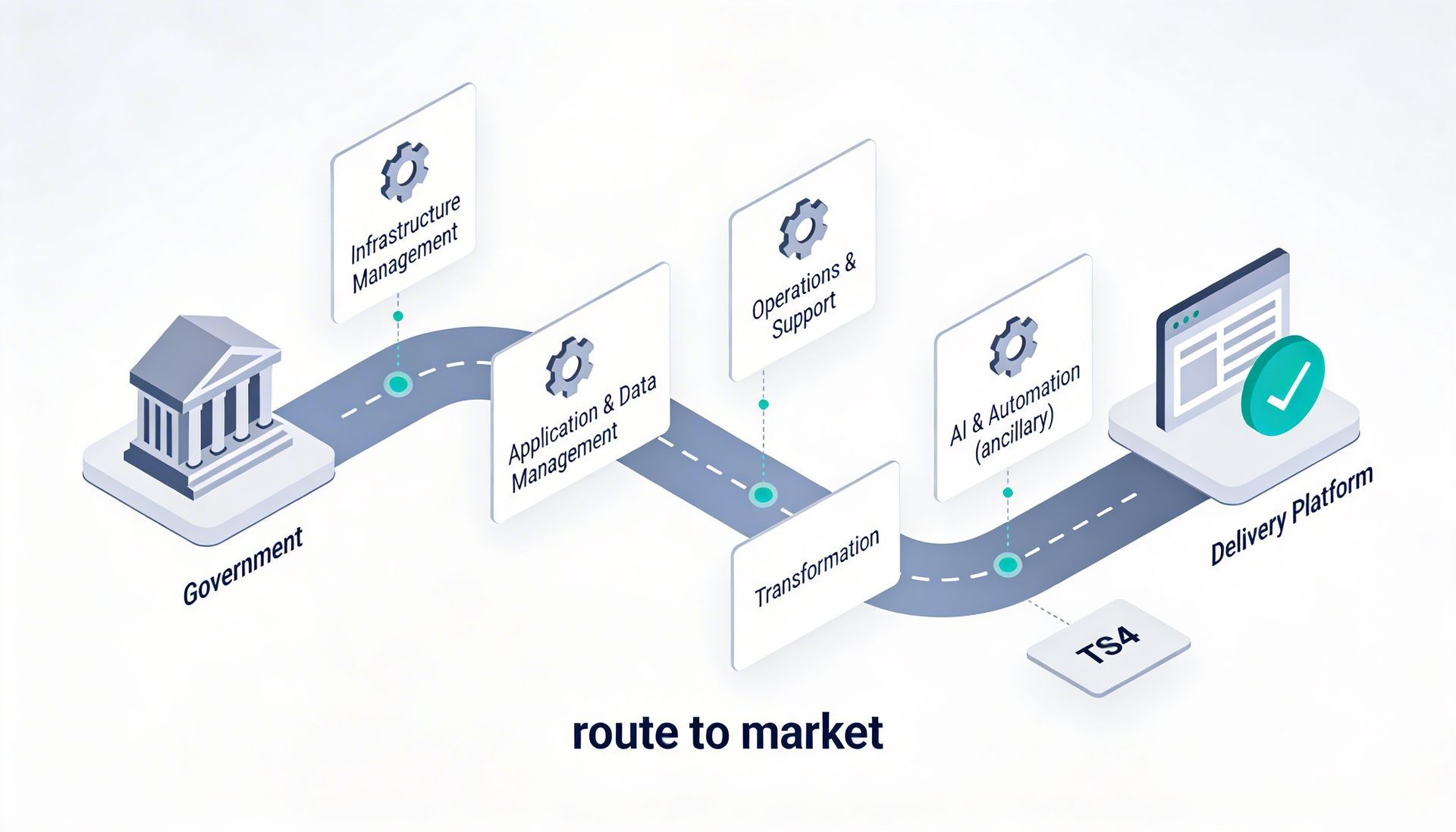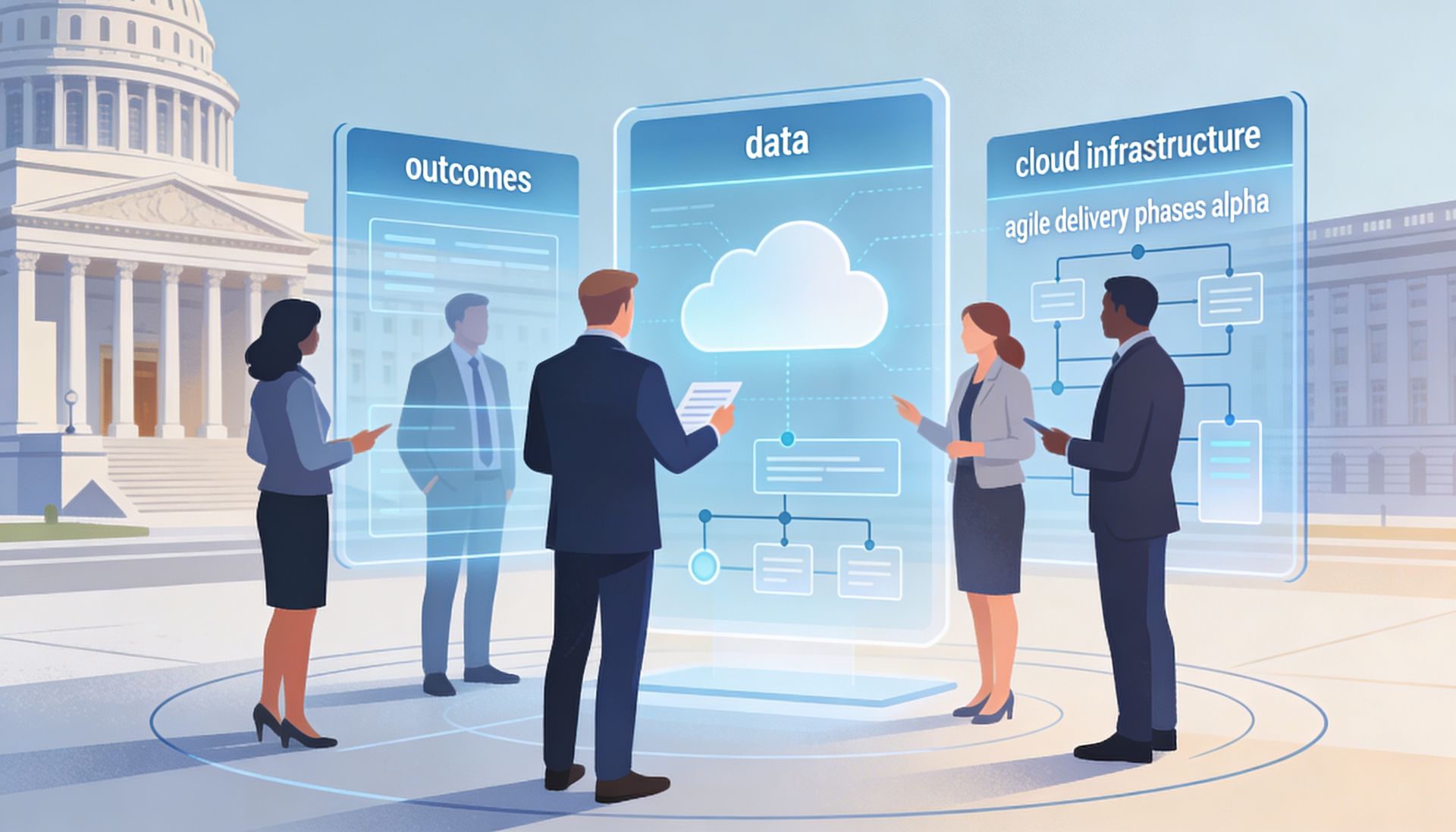Cyberattack on JLR Slows UK GDP Growth: A National Economic Turning Point
For the first time in UK history, a cyberattack has caused sufficient damage to impact the nation's GDP growth. The Bank of England has cited the Jaguar Land Rover breach as a contributing factor to the country's slower-than-expected economic performance, marking a watershed moment in understanding cyber threats as macroeconomic risks.

The Economic Impact
In its latest rates decision, the Bank of England held interest rates at 4% whilst noting that UK headline GDP grew by just 0.2% in calendar Q3—down from the 0.3% predicted in August. The BoE attributed this shortfall to two primary factors: weaker exports to the United States and the devastating cyberattack on Jaguar Land Rover.
This represents the first case where a cyberattack has caused material economic and fiscal harm to the UK at a national level. According to the Office for Budget Responsibility's most recent report from 2021, whilst cyberattacks posed growing threats to Britain, none had previously caused sufficient disruption to adversely impact the entire economy.
The Cyber Monitoring Centre categorised the JLR attack as a Category 3 systemic event, potentially costing the local economy up to £2.1 billion. Economists estimate harm to JLR alone could exceed £2 billion in lost revenues.
The Production Shutdown
The attack's devastating consequences extended well beyond JLR's immediate operations. Major plants across the country shut down for several weeks, with production essentially halted for a month.
The impact cascaded throughout JLR's extensive supply chain, affecting numerous suppliers and related businesses. This widespread disruption influenced the government's rare decision to offer financial intervention—a recognition that certain cyberattacks now pose systemic economic risks requiring state-level response.
The Broader Pattern
The September attack on JLR followed a brutal summer for UK businesses battered by major cyber incidents. British retail giants M&S, Co-op, and Harrods all suffered significant attacks. Whilst these incidents have been linked to the Scattered Spider threat group, officials haven't publicly confirmed this connection. Four individuals were arrested and later bailed in July in connection with these attacks.
M&S this week forecast cleanup costs of £136 million, with much covered by its £100 million maximum cyber insurance claim. Crucially, this figure covers only incident response and cleanup expenses—not the wider trade disruption from closed online sales and Click & Collect services. First-half profits tumbled 55.4%, with May warnings suggesting cyber-related costs could reach £300 million by year-end.
The Escalating Threat
The National Cyber Security Centre reported last month that nationally significant cyberattacks affecting UK organisations skyrocketed from 89 to 204 in the year to September—a 129% increase demonstrating rapidly escalating threat levels.
NCSC Chief Executive Richard Horne didn't mince words in their annual review: "Cybersecurity is now a matter of business survival and national resilience. With over half the incidents handled by the NCSC deemed to be nationally significant, and a 50 percent rise in highly significant attacks compared to last year, our collective exposure to serious impacts is growing at an alarming pace."
His warning to business leaders was direct: "The best way to defend against these attacks is for organisations to make themselves as hard a target as possible. That demands urgency from every business leader: hesitation is a vulnerability, and the future of their business depends on the action they take today. The time to act is now."
A New Economic Reality
The JLR incident marks a fundamental shift in how cyberattacks must be understood—not merely as IT security issues or even business continuity challenges, but as macroeconomic threats capable of impacting national GDP growth.
When a single attack can halt production at a major manufacturer for a month, costing billions and rippling throughout supply chains with sufficient force to register in national economic statistics, cyber threats have transcended the business level to become matters of economic security.
This creates implications for how organisations approach cybersecurity investment. What was previously viewed as a cost centre protecting against hypothetical risks must now be understood as essential infrastructure protecting economic stability. When your breach can slow national GDP growth, cybersecurity becomes a matter of national interest—not just corporate concern.
The message from the Bank of England's unprecedented citation is clear: cyberattacks are no longer abstract threats measured in potential losses. They're concrete economic forces capable of measurably damaging national prosperity. Organisations that fail to take this seriously aren't just risking their own survival—they're contributing to systemic economic vulnerability.
Protect Your Operations from Nation-Level Cyber Threats
At Altiatech, we understand that cybersecurity has evolved from IT concern to economic imperative. Our comprehensive security services help organisations implement defences commensurate with the escalating threat landscape, protecting not just your business but your supply chain and broader economic ecosystem.
From security assessments and incident response planning to 24/7 monitoring and managed security services, we provide the expertise and support needed to make your organisation as hard a target as possible.
The NCSC's message is clear: hesitation is a vulnerability. Don't wait for a breach to discover your defences are inadequate.
Get in touch today:
📧 Email:
innovate@altiatech.com
📞 Phone (UK): +44 (0)330 332 5482
Protect your business. Act now.
Ready to move from ideas to delivery?
Whether you’re planning a cloud change, security uplift, cost governance initiative or a digital delivery programme, we can help you shape the scope and the right route to market.
Email:
innovate@altiatech.com or call
0330 332 5842 (Mon–Fri, 9am–5:30pm).
Main contact page: https://www.altiatech.com/contact













